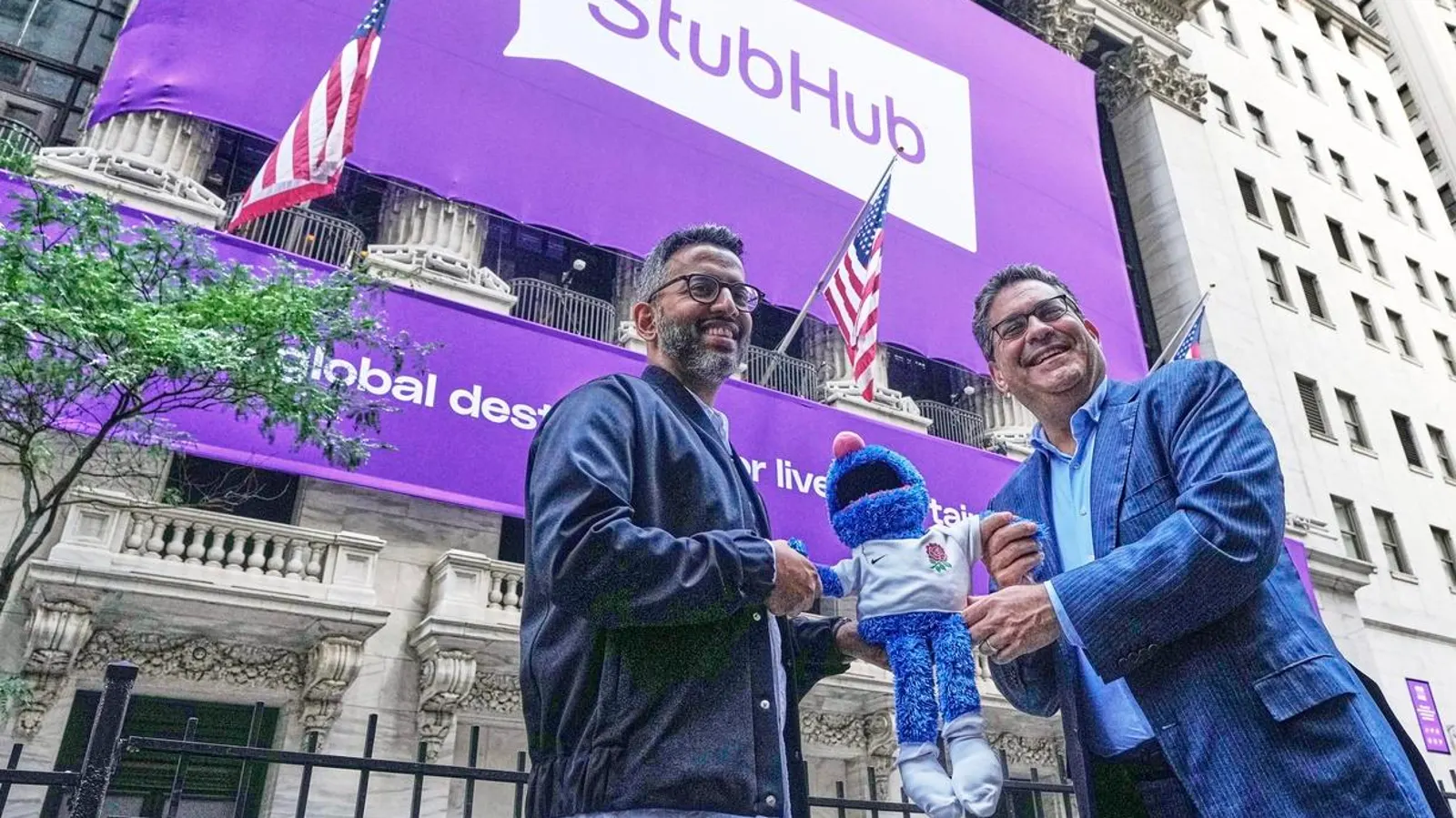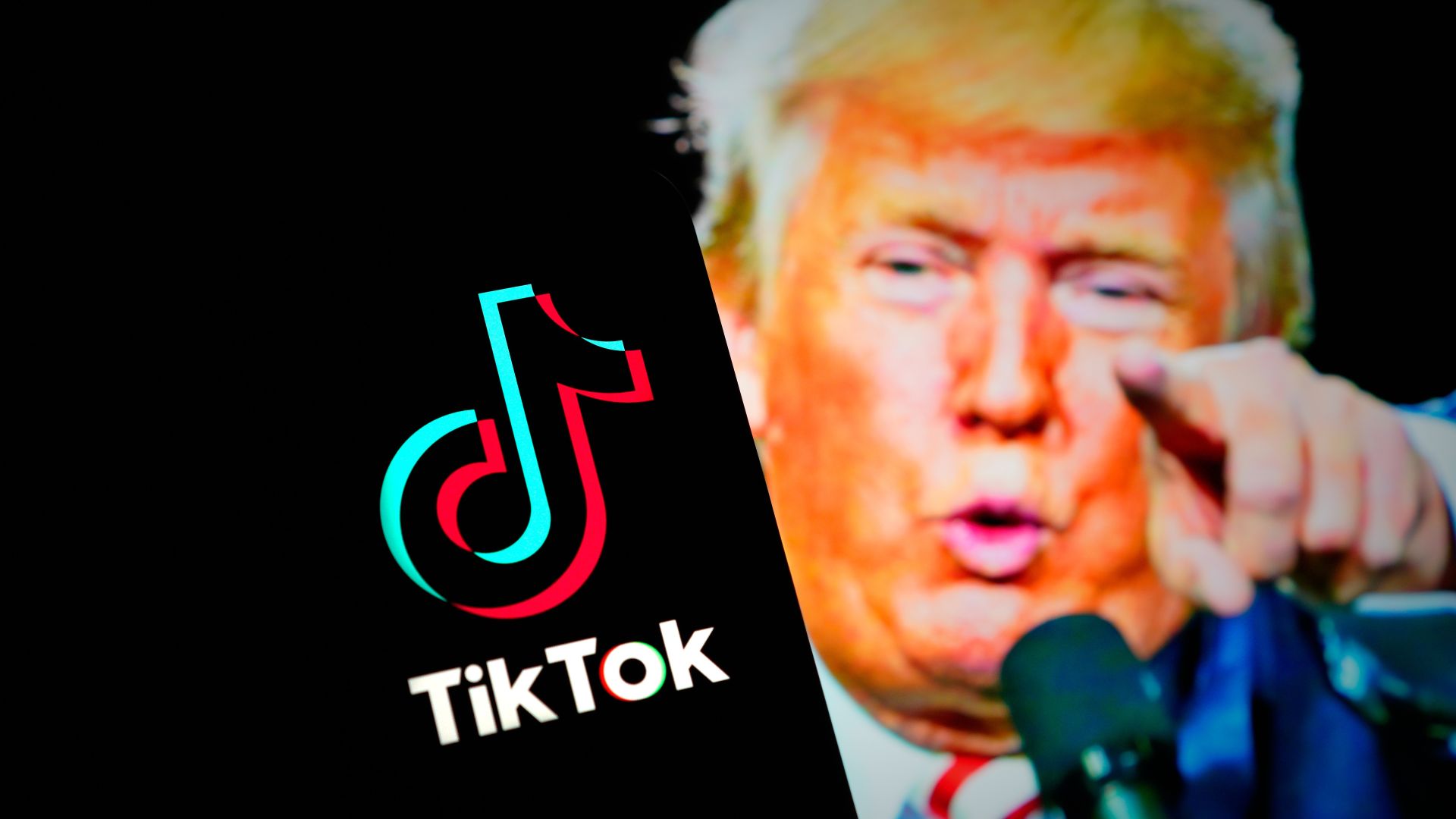By Alicia Park,Contributor,Kid Rock
Copyright forbes

After being pushed out of the online ticket marketplace he cofounded, Eric Baker bought back the company at the worst possible time–right before Covid hit in 2020. Now after three failed attempts to go public, he has a shot at redemption.
“I just wanted to make a lot of money,” Eric Baker playfully reflected on his early 20s in a 2012 video interview. “I’m not kidding. If someone told me I could go dig ditches and I’ll make a lot of money, I’d do that.” Indeed, the 52-year-old cofounder and CEO of online ticket marketplace StubHub hasn’t let anything stop him from doing just that: Fired from his own company by his cofounder in 2005, Baker launched competitor Viagogo a year later, which eventually bought back StubHub in February 2020 for $4 billion. Completed just weeks before Covid shut down the country and live events, the transaction was dubbed by Forbes as the “worst deal ever.” Since then, business has rebounded but costs have soared, and Baker has unsuccessfully attempted to take the combined company, now known as StubHub Holdings, public three times. But today, in a fourth and final attempt, Baker stood victorious as he rang the bell of the New York Stock Exchange as StubHub (ticker: STUB) finally completed its long awaited IPO. Based on its $23.50 per share listing price, the company is now valued at $8.6 billion, and Baker is worth an estimated $800 million.
Still, today’s IPO may not be the full redemption story Baker had hoped for. StubHub was reportedly eyeing a $13 billion valuation when it explored an IPO in 2022 and a $16.5 billion valuation when it attempted to go public in 2024. Earlier this year, another attempt to list its shares was delayed when President Donald Trump’s tariff announcements sent stock markets spiraling. However, despite the lower valuation implied by StubHub’s offering price, Baker’s estimated 9% stake (including options) is still worth nearly $760 million. He also owns at least two homes in Beverly Hills that are worth an estimated $60 million combined.
Baker cofounded StubHub at Stanford’s Graduate School of Business with classmate Jeff Fluhr as part of the MBA program’s annual business plan competition. Baker—hesitant to commit to an internet venture right after the dot-com crash—stayed in school, while Fluhr dropped out to officially launch the business in October 2000. When Baker rejoined StubHub in 2001, the two clashed over how to steer the business, and Fluhr—the company’s largest individual shareholder—fired Baker in 2004.
After getting the boot from StubHub, Baker moved to London where he founded international ticketing marketplace Viagogo and grew the company’s valuation over 15 years to $2.5 billion as of 2020, according to a source close to the company. That same year, Viagogo acquired StubHub, which Fluor had sold to eBay for $310 million in 2007, using $2 billion of cash and $2 billion of debt in a deal that valued the combined company at $4.6 billion (net of debt), according to the source. The IPO will be used to pay down some of that debt.
The timing couldn’t have been worse. Shortly after the deal closed in February 2020, the pandemic hit, gutting the company’s revenue as live events were cancelled and the world quarantined. Eric Fuller, a consultant who tracks the ticketing market, wrote a 10,000-word opus predicting that the pandemic would cause StubHub to go bankrupt.
It never did.
We give CEO and Founder Eric Baker a ton of credit for masterminding all of this and getting everyone on board, although it will be interesting to see how quickly investors react if the spending spigot dries up
Daniel Kurnos, Benchmark analyst
Instead, when quarterly ticket transaction volume on StubHub went from one billion dollars to zero within a week, the company delayed or outright refused to refund tickets, instead giving buyers credits for future purchases, for almost two years. “StubHub danced around knives and under fences until things started back up,” Fuller says.
It was smart for Baker to hold on for dear life. With the post-pandemic era leaving a renewed appetite for live events and Taylor Swift’s blockbuster Eras tour pumping ticket sales by $2 billion across the world, secondary marketplaces like StubHub were able to recover. StubHub in particular was able to capture market share from competitors like SeatGeek and Vivid Seats with an aggressive marketing budget that pushed StubHub to the top of Google search results. But that came at a heavy price. With marketing costs eating nearly half of the company’s $1.77 billion of revenue, StubHub reported a net loss of $2.8 million last year. “They have this essentially billion-dollar hole that they shuttled money in to get market share, and they don’t have the capacity at this current run rate to maintain that, so now they’re going out to raise almost $900 million,” Fuller says.
“We give CEO and Founder Eric Baker a ton of credit for masterminding all of this and getting everyone on board, although it will be interesting to see how quickly investors react if the spending spigot dries up,” said Daniel Kurnos, an analyst in Benchmark Company’s internet and media group, commenting on the lofty IPO pricing despite StubHub’s poor financials.
StubHub and its rivals also face some political heat. In March, President Trump signed an executive order called “Combating Unfair Practices in the Live Entertainment Industry” in which he called secondary ticket sellers and marketplaces “unscrupulous middle-men who impose egregious fees on fans with no benefit to artists.” At the signing of the executive order, President Trump was joined by Kid Rock who said he wanted to see price caps on resale tickets. “I’m a capitalist and a deregulation guy, but… I would rather be a hero to the working class people and have them be able to come attend my shows and give them a fair ticket price,” the musician said.
Maine recently passed legislation capping resale ticket prices at 10%, while 20 other states are trying to pass laws regarding ticket resales. In an industry where profit margins are already narrow, Fuller says legislation enforcing price caps would completely kill secondary ticket marketplaces. A lawsuit filed against StubHub in the District of Columbia filed in 2024 alleges that fees vary wildly but can amount to upwards of a 40% markup on the price of an original ticket. Another lawsuit against StubHub filed in Pennsylvania alleges fees that can mark up prices by as much as 66%.
Despite all this, the valuation implied by StubHub’s listing price is nearly double the combined valuation of StubHub and Viagogo when the latter bought the former in 2020. However, back in 2020, a source close to the company told Forbes that Baker owned 23% of the newly combined company vs. the 9% stake he owns today. It’s unclear how much of the difference is due to dilution as Baker prepared the company to go public over the last five years or if he sold any shares when StubHub was still private. (No share sales were disclosed in the company’s IPO prospectus and StubHub did not respond to multiple requests for comment).
Investors do have reasons to be optimistic. After all, a healthy appetite for live events, StubHub’s defined market share in the niche ticket resale space, and the company’s strong revenue—up 71% from 2022 to 2024—may help keep the company going, says Morningstar’s analyst Matthew Dolgin, who covers ticketing giant Ticketmaster. Though not a direct competitor, Ticketmaster—the leader in primary ticket sales—reported $3 billion in revenue in 2024, up from $1.1 billion in 2021 and $188 million in 2020, from selling a record 637 million tickets last year.
StubHub is also seeking to tap into the primary ticket market. Around $100 million (or 6%) of its 2024 revenue came from direct ticket sales—a metric that StubHub claims is “only scratching the surface of this opportunity.” Meanwhile, Ticketmaster is currently fighting a federal lawsuit involving antitrust concerns and monopolistic behavior (which it denies). Still, given Ticketmaster’s established market position, Fuller argues that the idea of StubHub becoming a competitor to Ticketmaster would be “delusional”––though a ruling against Ticketmaster may create an opportunity for StubHub.
“It’s a fascinating gamble what they’re doing,” Fuller continues, impressed at Baker’s maneuvers yet still highly skeptical. “Eric Baker has always been absolutely fearless in taking giant, giant swings—and this is a new one.”
More from Forbes
ForbesWhy Billionaires Are Piling Into Prediction MarketsBy Alicia ParkForbesHow Jared Kushner’s Bold Bets In The Middle East Made Him A BillionaireBy Monica Hunter-HartForbesThis Pharma Billionaire Is Developing A Cannabis Painkiller To Replace Dangerous OpioidsBy Will YakowiczForbesThe AI Billionaire You’ve Never Heard OfBy Phoebe Liu
Editorial StandardsReprints & Permissions



